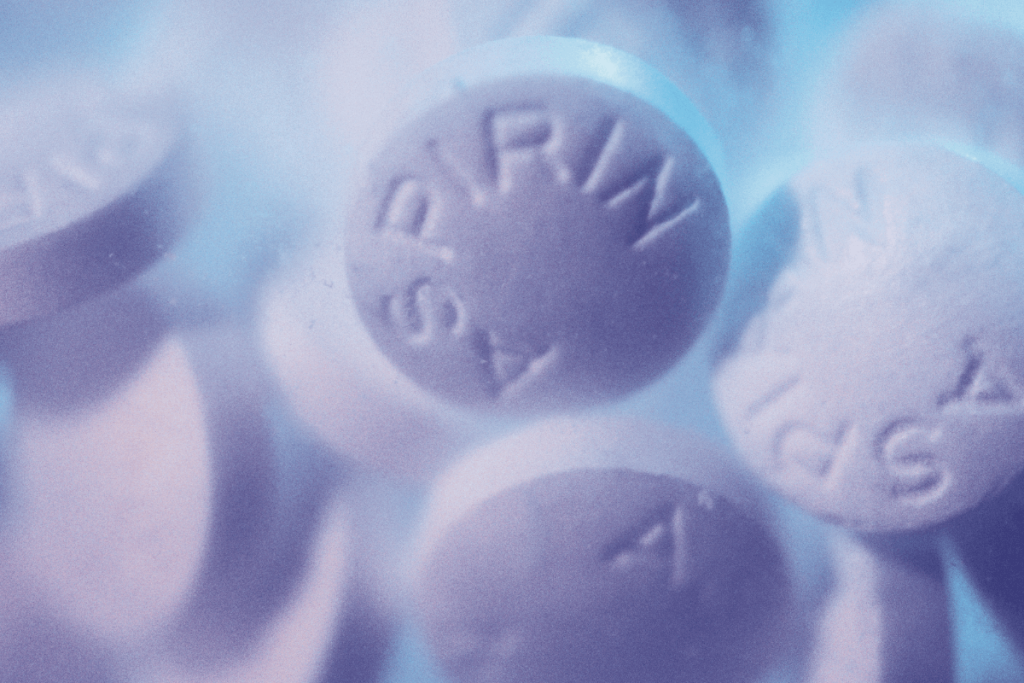
Colorectal cancer (CRC) is a serious worldwide health problem with about 1.9 million new cases diagnosed every year. With advanced surgical and systemic treatment, recurrence occurs in about 30 to 40% of patients. Aspirin is a commonly accessible and affordable medication with cardioprotective, anti-inflammatory and antineoplastic properties. Observational and preclinical studies have shown that aspirin can decrease CRC rate and improve survival, specifically in patients with tumours harbouring mutations in the PI3K signalling pathway.
The Adjuvant Low-Dose Aspirin in Colorectal Cancer (ALASCCA) trial was designed to investigate whether adjuvant aspirin could decrease CRC recurrence in patients with resected stage I–III disease carrying somatic PI3K pathway mutations (PTEN, PIK3R1, or PIK3CA). These changes were subgrouped into two groups: Group A involved known hotspot mutations in exons 20 and 9 of PIK3CA, and Group B involved other mild to high-impact mutations in PTEN, PIK3R1, or PIK3CA. It also assessed overall survival (OS), disease-free survival (DFS) and safety in mutation groups.
This was a double-blind, multinational, and placebo-controlled trial conducted across 33 hospitals in Finland, Denmark, Norway, and Sweden. Eligible patients were 18 to 80 years old and underwent radical surgery for stage I to III CRC, and genetic screening for relevant mutations. Six hundred twenty-six patients with relevant mutations were randomised in a 1:1 ratio into aspirin (160 mg daily) vs placebo for 3 years after surgery. Treatment was administered alongside adjuvant chemotherapy according to national guidelines. Patients were monitored by in-person or telephone visit. Imaging was performed in accordance with national CRC guidelines.
Statistical analysis was conducted to detect a hazard ratio (HR) of 0.36 for CRC recurrence in Group A by 3 years. Time-to-event results, including DFS, OS, and recurrence, were investigated using stratified Cox proportional hazards models. Survival estimates were seen using the Aalen-Johansen and Kaplan-Meier methods. Adverse effects were graded through the National Cancer Institute Common Terminology Criteria.
Of 2,980 patients with genomic data, PI3K pathway alterations were identified in 1,103 (37%). Among them, 525 were in group A and 588 in group B, with 314 and 321 allocated to receive a placebo or aspirin, respectively. The predicted 3-year rate of recurrence was 7.7% in aspirin and 14.1% in placebo (95% confidence interval [CI]: 0.24-0.98, HR: 0.49, P=0.04) in patients with changes in group A and (95% CI: 0.21-0.83, HR: 0.42) in changes in group B. The expected 3-year disease-free survival rate was 81.4% in the placebo group and 88.5% in the aspirin group (95% CI: 0.29-0.88, HR: 0.51) in group B and (95% CI: 0.34-.108, HR: 0.61) in group A, with 78.7% and 89.1% respectively. Severe adverse effects were observed in 11.6% of patients receiving the placebo and 16.8% of those receiving aspirin.
The ALASCCA trial provides the first randomised controlled evidence that adjuvant low-dose aspirin can decrease CRC recurrence in patients with PI3K pathway mutations, especially PIK3CA hotspot variants. These results support the use of precision oncology methods with commonly available and affordable medications. Aspirin can be integrated into the adjuvant treatment method for about 40% of CRC patients. Further validation and careful patient selection based on molecular profiling are needed.
Reference: Martling A, Hed Myrberg I, Nilbert M, et al. Low-Dose Aspirin for PI3K-Altered Localized Colorectal Cancer. N Engl J Med. 2025;393(11):1051-1064. doi:10.1056/NEJMoa2504650












